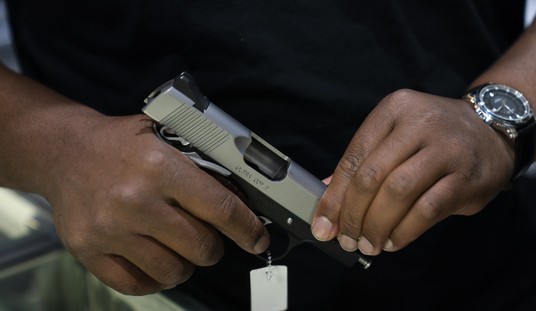Stand Your Ground laws are vital for self-defense purposes. They eliminate the requirement for people to seek to escape an attacker rather than respond with lethal force. Duty to retreat places another factor armed citizens need to consider prior to acting, making decisions slower and possibly resulting in the deaths or serious injuries of countless people.
So, it’s a very good thing when a state tries to beef up their Stand Your Ground law.
A bill to amend Utah’s stand-your-ground self-defense law says a person under threat of deadly force has no duty to retreat even if safety could be achieved by fleeing.
Rep. Cory Maloy, R-Lehi, said not requiring a flight to safety as a prime option under the law is necessary to provide explicit legal protection for those who justifiably use deadly force in self-defense.
House Bill 129 also specifies that judges and juries would be barred from considering a failure to retreat as being relevant in determining whether a person who stood his or her ground acted reasonably.
The House passed a previous version of the bill in 2017, but it was shelved by a Senate committee. The 2018 bill introduced by Maloy this week is virtually identical.
Utah’s stand-your-ground law has existed for more than 20 years, but Maloy and other supporters told a House committee last year that additional wording is needed to make it clear that acting against a threatening, unlawful aggressor is justified even if a path to safety exists close by.
Mitch Vilos, a Centerville attorney who wrote a book about stand-your-ground laws, said even though the existing law says retreat is not required, judges and juries sometimes ask questions during trials about why a defendant in a stand-your-ground case did not retreat.
The bill drew opposition from democratic House members of Salt Lake City who said university studies in Texas and Georgia have concluded that stand-your-ground laws increase the frequency of deadly encounters in which minority individuals are killed.
Of course, those studies didn’t address the fact that the only reason those encounters are deadly is that the criminal in question pointed a weapon at someone. Had that not happened, then the armed citizen wouldn’t have been justified using lethal force.
Critics also point to the racial component, which isn’t surprising in this day and age. Of course, according to the Bureau of Justice Statistics, minorities commit over 54 percent of homicides. This is despite minorities only making up just a smidge over 23 percent of the population. It sure looks like any racial component here has more to do with a disparity in the demographics of attackers and concealed carriers than it does over the effectiveness of Stand Your Ground measures.
Look, no one wants to see people die. Not as a general thing. However, I’m not going to boo hoo myself to death over armed criminals, people who are threatening bodily harm to get what they want, being killed for their actions. I’m just not, and neither are a lot of other people.
Stand Your Ground laws serve an important role, and that role is to allow the armed citizen to be able to act decisively when under attack, without them having to burden themselves with more and more things they need to consider in a moment when they need to be making split-second decisions.
Pretending these laws do anything other than that is just anti-gun hysteria.








Join the conversation as a VIP Member